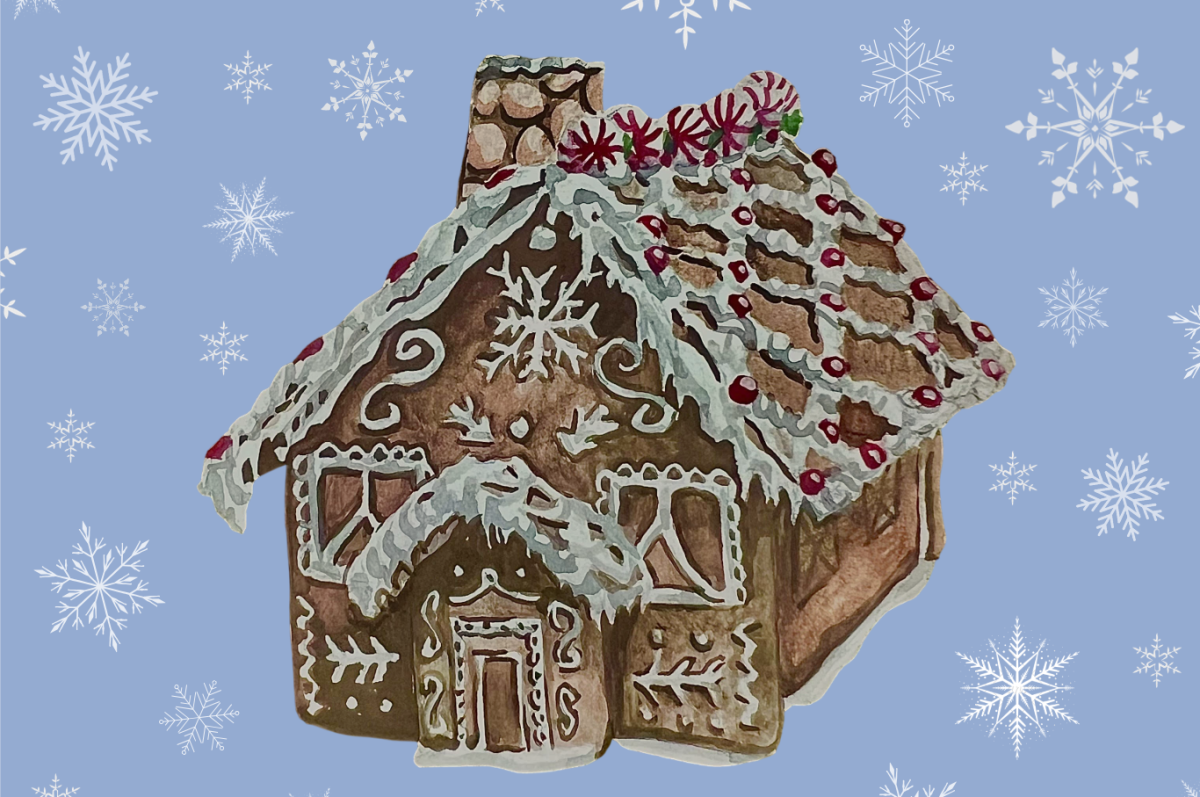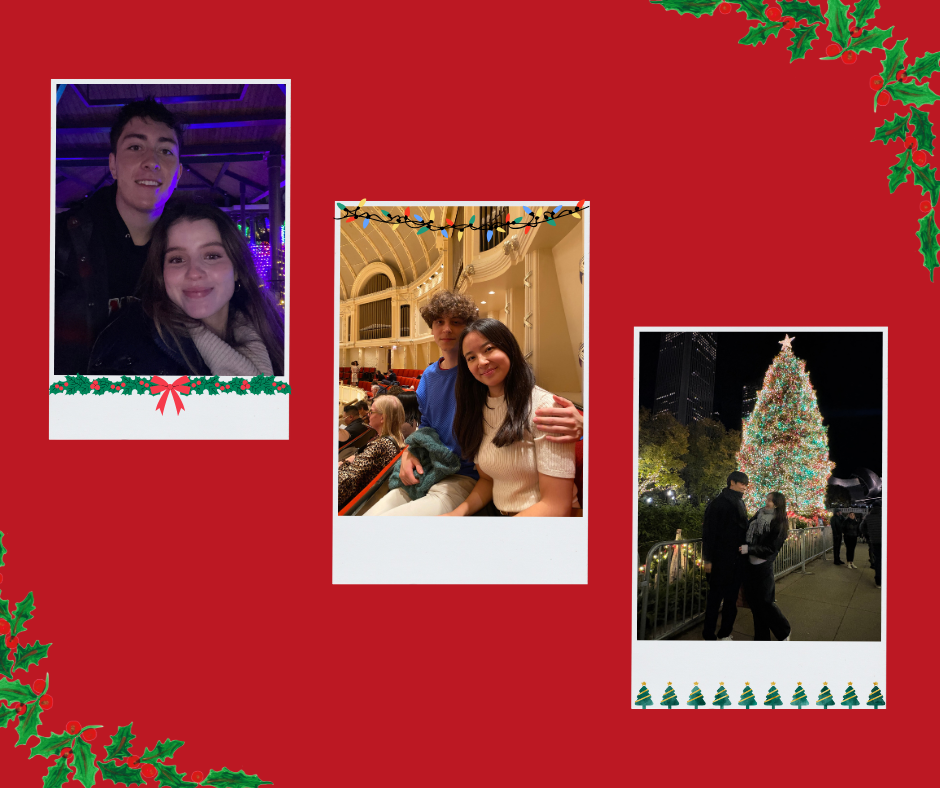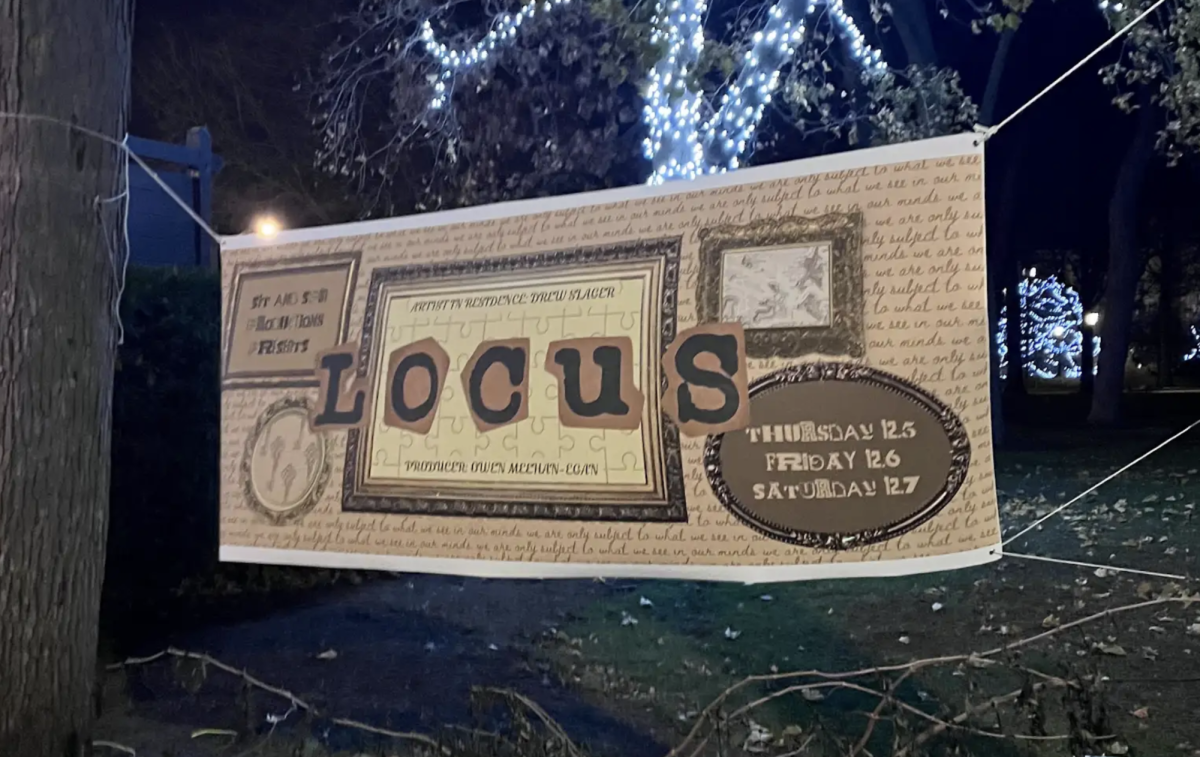Psychology Prof. Wendi Gardner was diagnosed with winter seasonal depression after moving to Ohio from Florida for graduate school.
As she experienced her first Midwest winter, she said she noticed a severe dip in her energy levels. It wasn’t until a few winters later when a friend suggested Gardner see if she had seasonal affective disorder.
“If you’ve come from a sunny place that doesn’t have a lot of changing light across the seasons, you would have no way of knowing that you are vulnerable to this,” Gardner said. “It has been life-changing in learning this about myself.”
Seasonal affective disorder, more commonly known as seasonal depression, is a subtype of major depressive disorder that is recurrent each year due to seasonal changes. Individuals are most commonly diagnosed with winter SAD when the lack of natural light impacts their mood. In some cases, if an individual feels a shift of behavior due to higher temperatures, they can be diagnosed with summer seasonal affective disorder.
SAD symptoms are similar to depression symptoms including withdrawal, less pleasure from typically enjoyable activities, increased irritability and fatigue and a decrease in concentration.
Some symptoms, like increased weight gain or loss and increased cravings for carbohydrates, are unique to winter SAD, according to clinical psychologist and Feinberg Prof. Jonah Meyerhoff.
He added that there must be a clear pattern of onset and offset of SAD, with onset being in the winter months, for several years in order for someone to be diagnosed. However, people can experience these symptoms without being diagnosed, he said.
Communication senior Diana Deng said in her first winter quarter at Northwestern, she practically always stayed in her dorm because she, as a Beijing native, wasn’t used to the winter’s extreme weather conditions.
“My roommate and I — we agreed that the first winter we had in Northwestern was the toughest quarter we had ever,” Deng said.
Medill freshman Valentina Paulino is an international student from Brazil, where winters are generally hot and dry rather than cold and snowy.
Paulino said even though she has never experienced seasonal depression, she has already felt melancholy with the sun setting early.
However, she said she is relieved to have already found a safe community within NU to help her navigate these emotions.
“On one hand, I’m kind of scared and worried,” Paulino said. “But on the other hand, as a South Area resident, I feel like Northwestern offers a lot of resources and events for well-being and mental health.”
Paulino said she has attended several South Area events, including bracelet making and free snacks and drinks.
Gardner said she copes with SAD by shining a 10,000 lux desk light on herself every morning for at least 30 minutes while she does work and drinks a cup of coffee.
This kind of light therapy is effective because it aligns with an individual’s internal circadian clock, Meyerhoff said.
On campus, students and faculty can access free white light therapy by making an appointment with the Henry Crown Sports Pavilion Wellness Suite.
Another preventative measure for seasonal depression is cognitive behavioral therapy specific to SAD, Meyerhoff added.
Gardner said students should also maintain their exercise routine during the winter months because exercising can help ease depressive emotions by producing endorphins, which are natural hormones made to improve well-being and happiness.
Since being diagnosed with SAD, Gardner now monitors sunrise times and ensures she interacts with bright lights as soon as she wakes up at 6 a.m. Now, she loves winter.
Paulino said she is going to prioritize her well-being during Winter Quarter by spending her time reading, watching movies and relaxing when needed. She said she also plans on regularly checking in on her friends so they can make memories together during the winter.
“Hold on to your loved ones and really use the resources that Northwestern has,” Paulino said. “Don’t isolate yourself. Don’t go through this alone. We’re all in this together.”
Email: [email protected]
Related Stories:
— NU Wellness Suite offers white light therapy, aims to alleviate seasonal depression symptoms


















